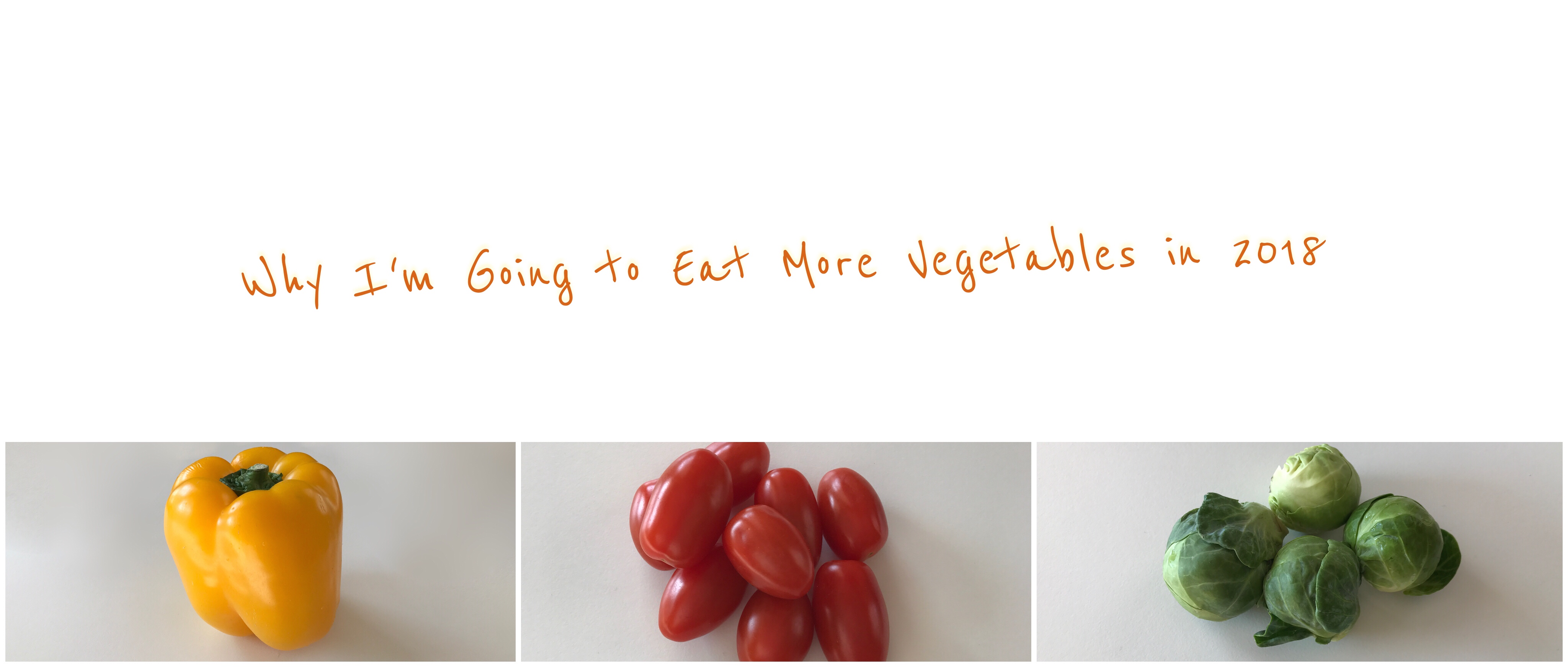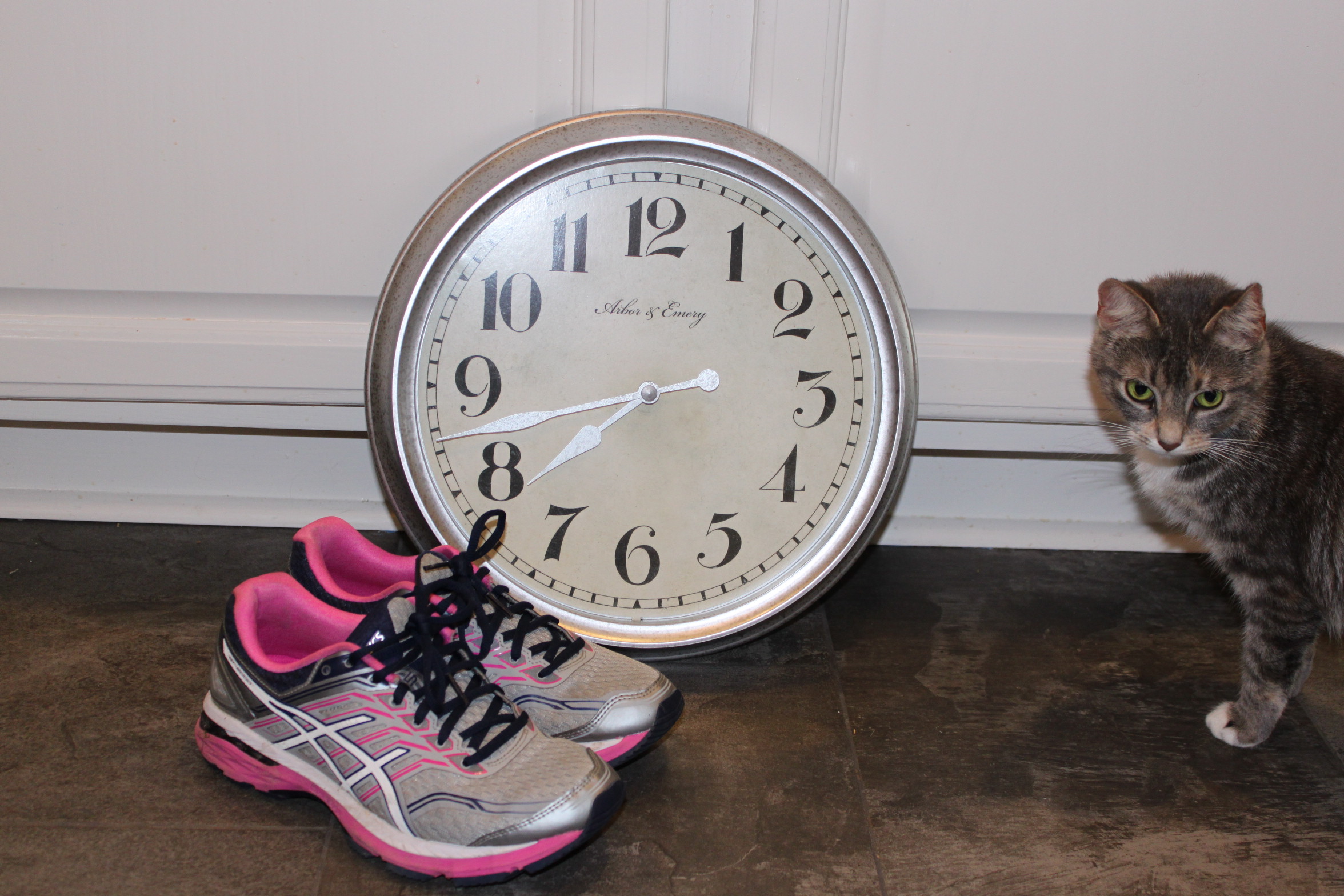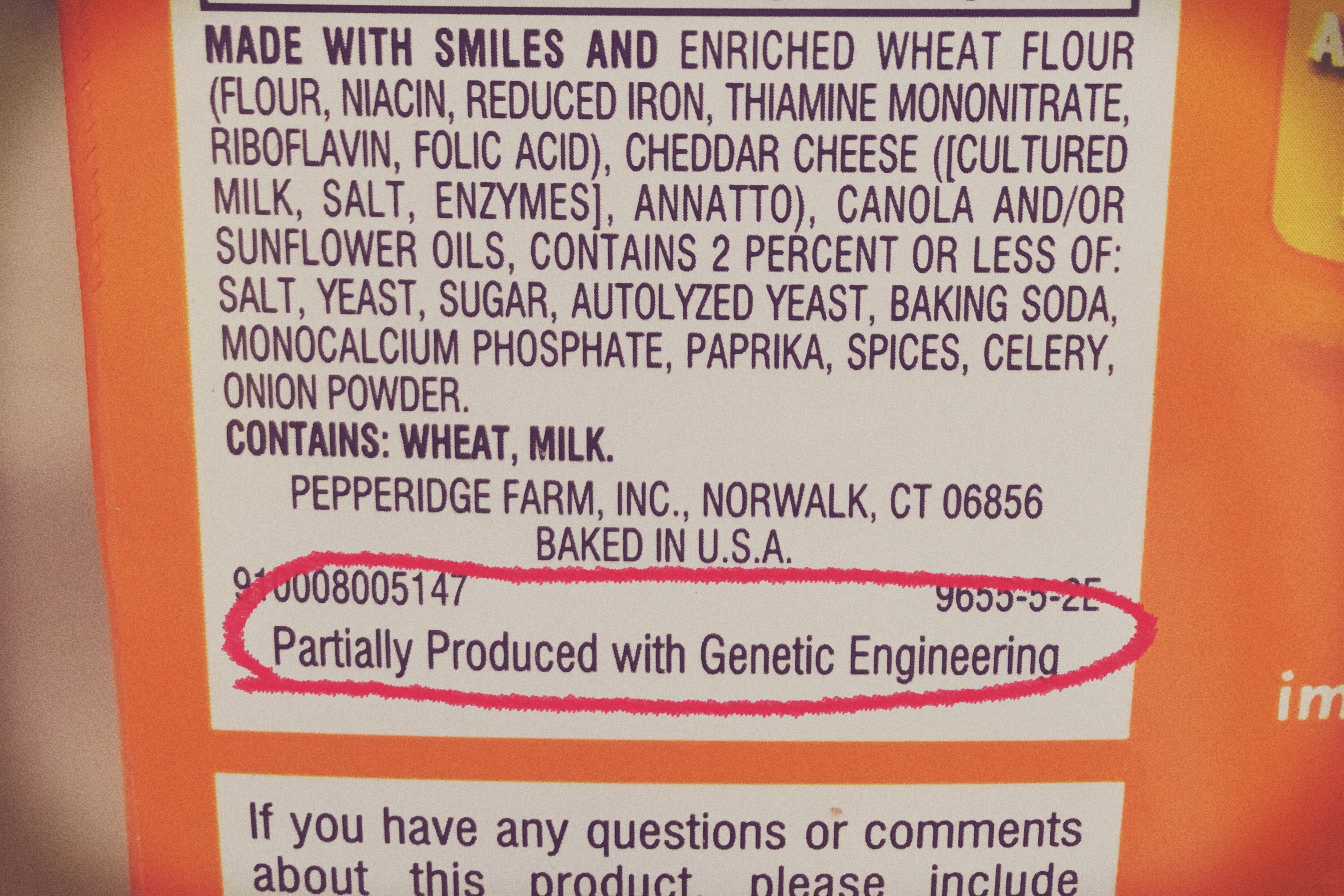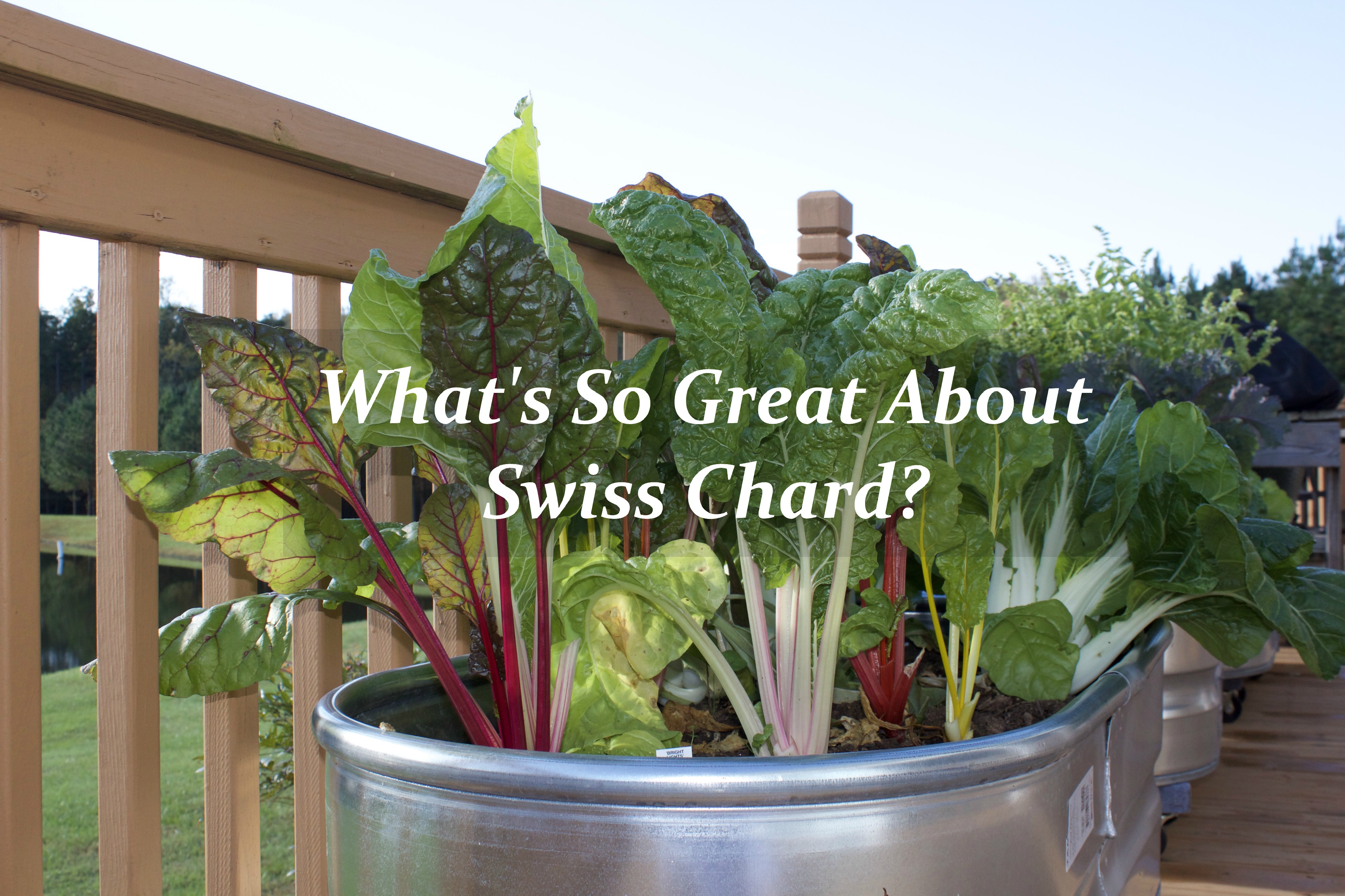Let my words, like vegetables, be tender and sweet, for tomorrow I may have to eat them. – Author unknown
What if I told you that there was one easy thing that we could do that would absolutely improve our health this year? This one thing is agreed upon by virtually all health and nutrition experts.
I love to read books on nutrition and healthy eating. But even for me, it can be so frustrating when skilled, credentialed physicians and nutritionists disagree on what research proves about the human diet. Conflicting information abounds. They debate the benefits and harmful effects of everything we’ve eaten all our lives – from eggs and bacon to bread and cheese. It’s enough to make this nutrition hobbyist want to throw in her library card.
But then I started thinking about what all of their advice has in common. These professionals may debate the ideal quantities of macronutrients – carbs, fats, and protein, but they do agree in some important areas. Almost every one of them advocates less sugar, less processed food and MORE VEGETABLES.
Less than 10% of Americans eat the recommended 2-3 daily cups of vegetables, despite the proven benefits.
Why eating more vegetables can have a profound effect on your health:
1 – The more vegetables we eat, the less room for processed food and sweets.
When we eat more vegetables, there is less room in our appetites for sugar and processed foods. Filling our plates with nutrient-dense vegetables leaves less real estate on our plate for empty calories.
When I stuff my omelet with peppers and onions, eat a big salad for lunch, snack on celery and nut butter in the afternoon, then fill much of my dinner plate with broccoli and sweet potato, I’m too full to think about much else.
2- Nutrients
We all know that vegetables, and the nutrients they provide, are good for us. But have you ever thought of your food as information for your body? Food tells your body how to function and even plays an important role in gene expression.
For example, you probably know that Vitamin A supports eye health. But how does a Vitamin A deficiency affect us? So what if we don’t get enough? Does it really make a difference in our bodies?
Absolutely. And we’ve known this for a long time. In the 1930’s, a professor in Texas, Fred Hale, conducted an experiment to see the effect of Vitamin A deficiency. He found that severe Vitamin A deficiency in pigs resulted in mothers who had entire litters of piglets with NO EYEBALLS. Isn’t that fascinating? Then, when those same mother pigs were fed Vitamin A they produced litters WITH eyeballs. 1 What an amazing illustration of the importance of the food choices we make.
Can’t we just take a vitamin supplement? Yes, they do help and are probably a good idea. But, ideally, we would eat the original food packaged in a way to deliver optimal nutrition. Science is really just beginning to scratch the surface on why and how real food in its natural, non-processed form is so nourishing. We don’t even know all the ways that our food works in our bodies. Take baby formula, for example. Despite massive efforts and decades of research, we still can’t produce a formula that is as healthful as mother’s milk.
3 – Reduced insulin = less hunger, fewer cravings
Vegetables have fewer carbs and sugars than grains or even fruit, so they don’t prompt our bodies to over-produce insulin. Lower insulin levels result in less hunger and fewer cravings for carbs and sweets.
4 – More energy
Lower insulin also means steady energy levels and fewer “crashes” during the day.
5 – Better immune system = fewer sick days
Vegetables are some of the best sources of Vitamins A, C, and E, which support a healthy immune system.
6 – Better long-term health
Research shows that eating 5 servings of fruits and vegetables a day reduces our risk of heart disease, cancer, and diabetes. Further, one study showed that people who ate 7 or more servings per day reduced their risk of dying from any cause over an eight year period by 42% compared to those who just ate one serving a day. Sometimes it’s good to be the overachiever.

Adding vegetables to a smoothie is a delicious way to add an extra serving – or four!
While I do use recipes, I tend to avoid them if I can get away with it. Smoothies are such an easy, quick meal or snack option and I love that I don’t have to refer to a recipe. If I have some veggies and fruits, I can make a smoothie.
Here are some “non-recipes” to try. If you’ve never had a green smoothie, start with the beginner version. You won’t taste the spinach at all, and the deep purple of the blueberries hide the green color nicely.
For the Beginner: “Spinach in my smoothie!?!?”
1/2 c or so Milk or Nut Milk (eyeball it)
Banana *
2 Handfuls Blueberries
Handful of Spinach
Blend, adding more liquid if desired.
Intermediate: “I can handle the green stuff!”
1/2 c or so Milk or Nut Milk (eyeball it)
1/2 Banana *
2 Handfuls Blueberries
2 Handfuls of Spinach
Blend, adding more liquid if desired.
Hard Core: “Bring on the veggies!”
1/2 c or so Water, Milk, or Nut Milk (eyeball it)
2 Handfuls Spinach
1 Handful Kale or Chard
1/2 Carrot (or 2-3 baby carrots)
1/2 Apple
Small piece of Ginger.
Blend, adding more liquid if desired.
Or try an orange and a handful of berries instead of the carrot, apple, and ginger. You could also add a little honey or a few drops of stevia for a little more sweetness.
Note: If using the carrot, apple, and ginger version you will need a high powered blender. A Nutribullet could probably handle it, but you’ll need to let it blend longer than you normally would.
* Using frozen banana adds some sweet creaminess to the smoothie.
What’s your favorite smoothie formula? How do you fit in extra vegetables during your day? Leave a comment and let me know!
1. Shanahan, Cate M.D. and Luke, Deep Nutrition, p. 33-34, Flatiron Books, 2017







This is definitely one of my health goals this year too. I fell into a poor diet with the busyness of moving at the end of the year, and I already feel better after improving my veggie intake this week!
Hope you’re loving your new place! Next year you’ll be eating your home-grown veggies. Happy garden planning. Thanks for reading!
Thanks! Do some posts on garden planning. I need a little help getting started. 🙂
Great idea! I’ll also send you a pic of my favorite garden planning book.
Just looking into the lectin aspect…specifically The Plant Paradox. Curious if you have read anything about this? Not convinced this guy is right but he is big on reducing inflammation and healing health through a healthy gut. Maybe something to discuss over coffee (no lectin in that!).
You’re the second person who has told me about that book. Think it needs to move up on my list! Coffee sounds great. Thanks for reading!